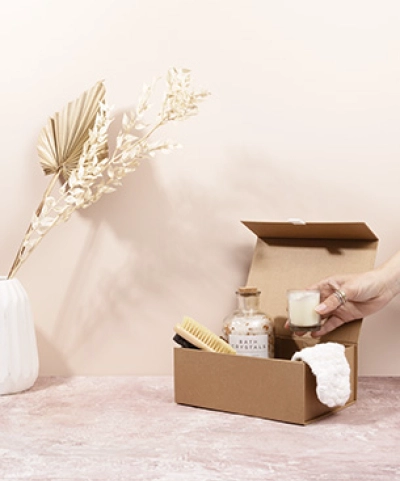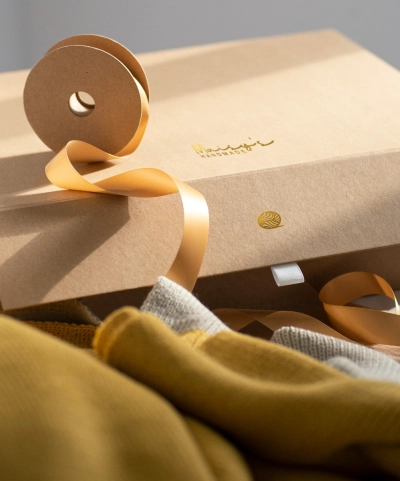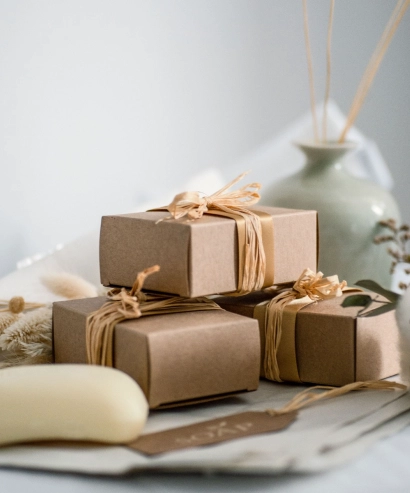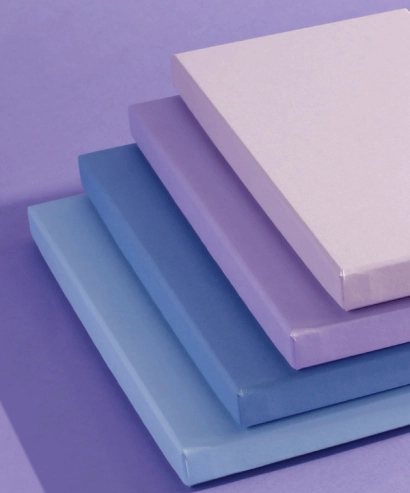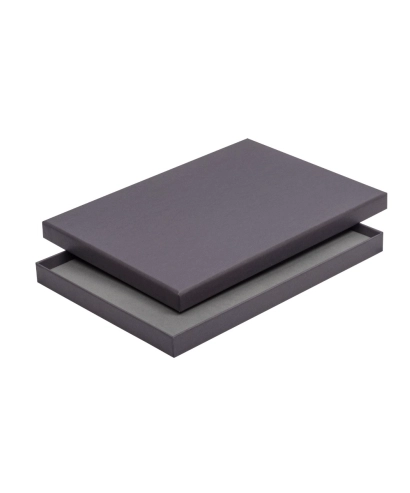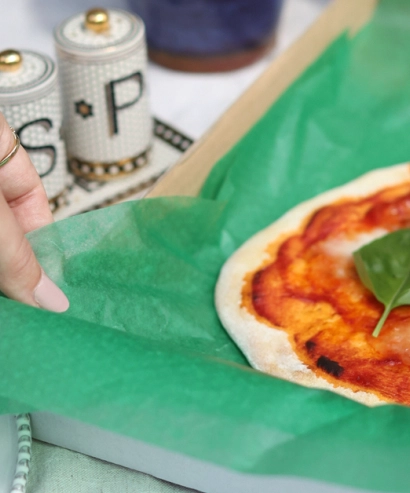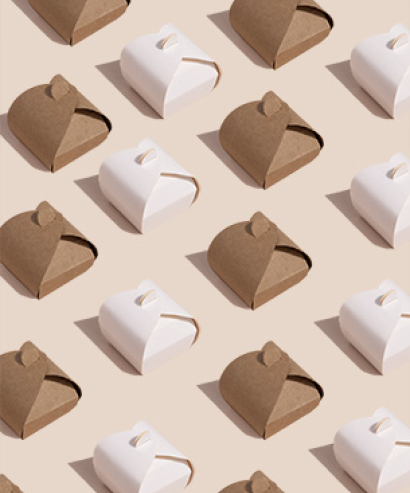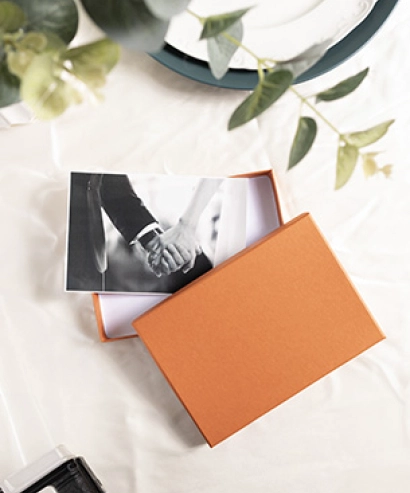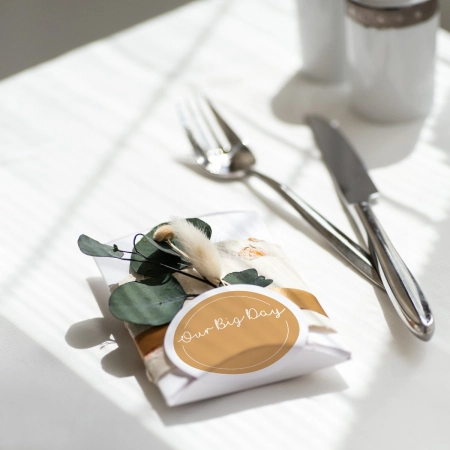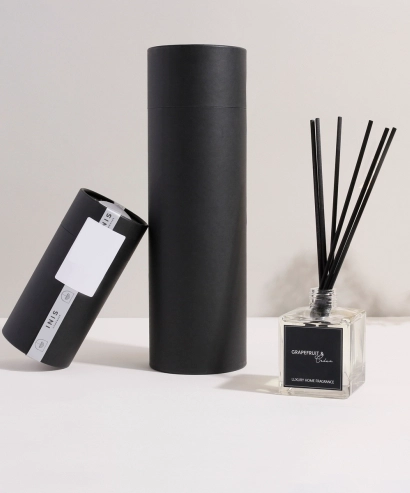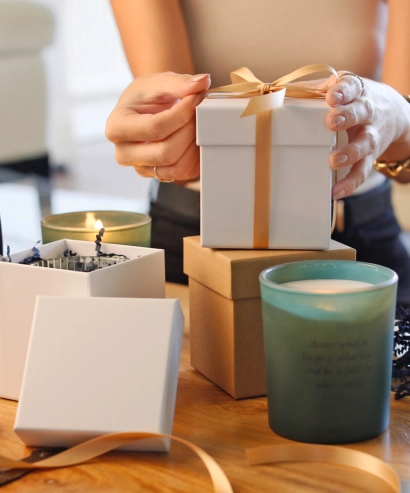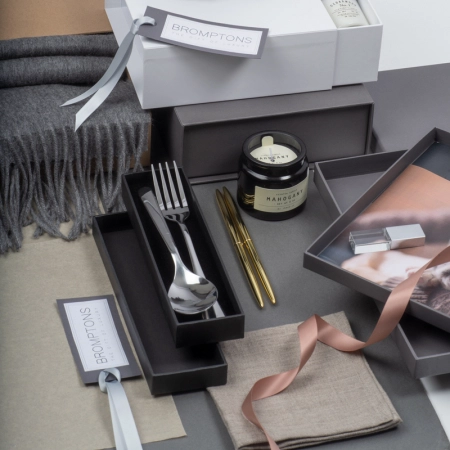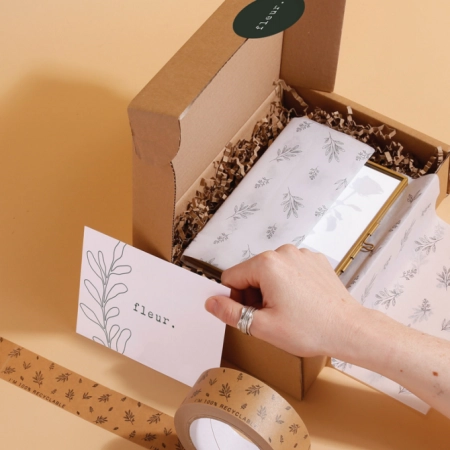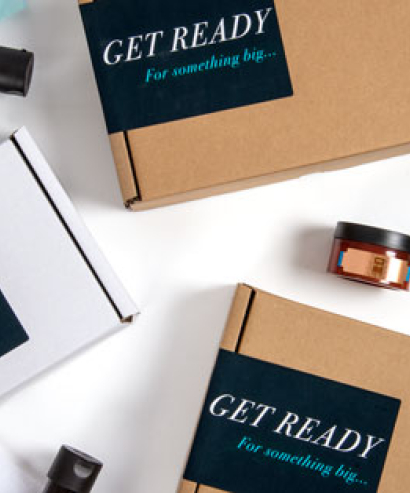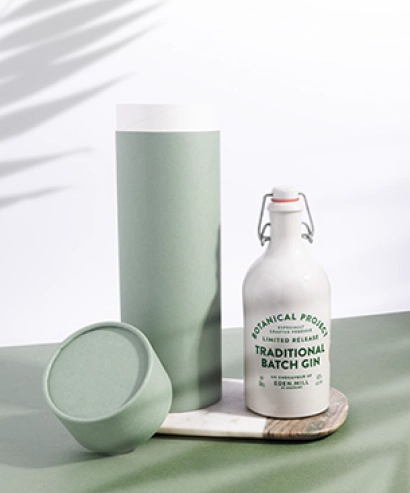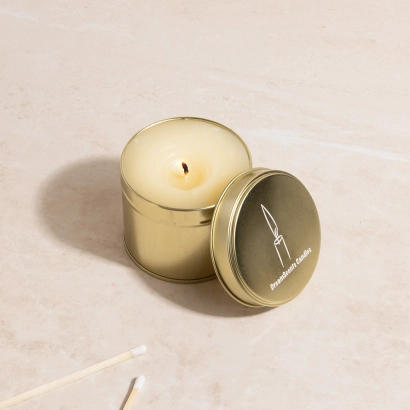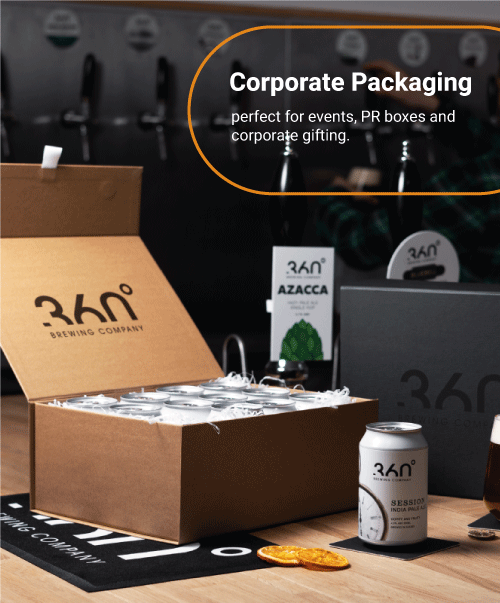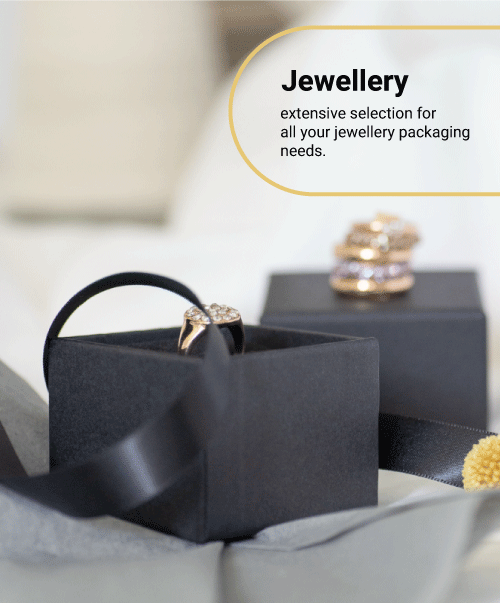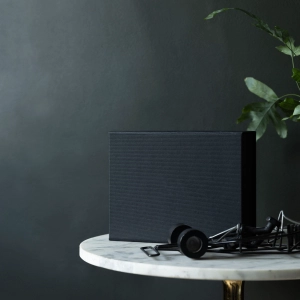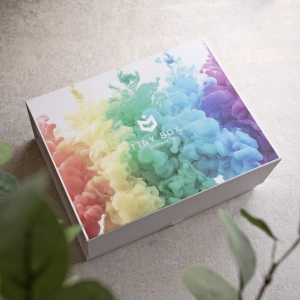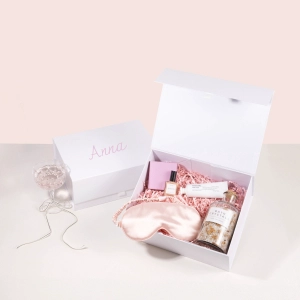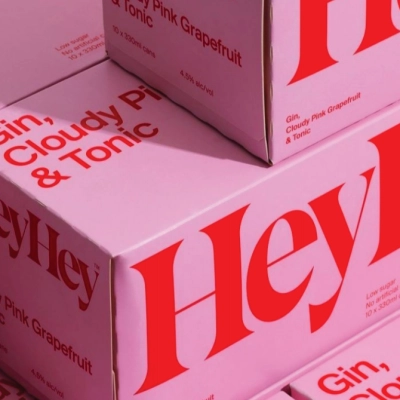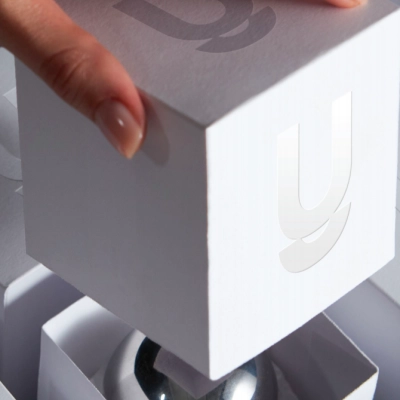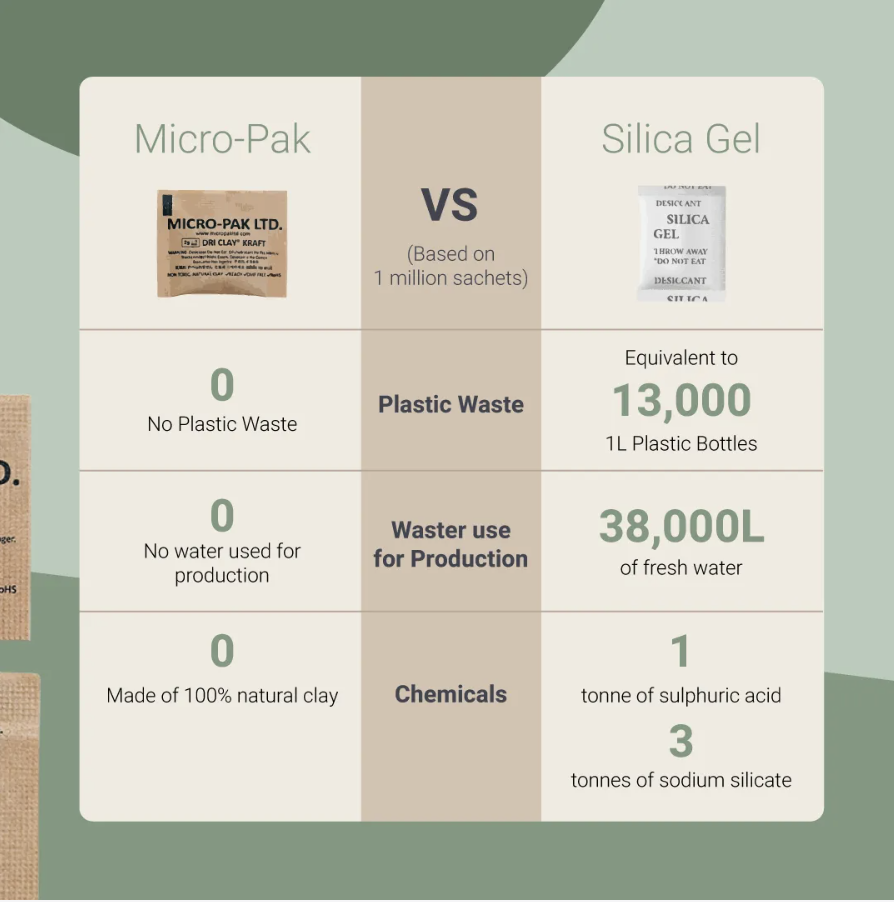
How do you get rid of moisture in your packaging? Well, you know those little packets you get inside a new handbag or pair of shoes? They're desiccants - and they're basically there to absorb any moisture and prevent the build-up of nasty stuff like mould, mildew, and bacteria. But despite their importance, they're likely one of the last things you think about when it comes to packaging, if you even really consider it at all - so are you aware of the different options out there?
The most common one you probably have seen around is silica gel - this is a synthetic desiccant most commonly packaged in plastic sachets made of high-density polyethylene fibres. As you can guess though it isn't the most eco-friendly - and that's where Micro-Pak comes in.
Micro-Pak is a 100% natural and plastic-free clay desiccant packaged in biodegradable and FSC-certified kraft paper. It's much better for the environment than silica gel and can be used for loads of different products, and it's super easy to make the switch. Here's why you should...
Why switch to Micro-Pak?
As you can see above, silica gel uses a lot of plastic. Calcium chloride desiccants aren't any better - they turn into a corrosive liquid gel when they absorb moisture and to prevent leakage are packaged in two layers of plastic. So while the amount of plastic in a single desiccant might be small, the aggregate impact of using a lot adds up very quickly.
Here’s the amount of plastic packaging used in 100 million 5g desiccants…
Silica Gel… 47 metric tonnes of plastic - the same as 2,350,000 1L plastic bottles.
Calcium chloride… 140 metric tonnes of plastic - the same as 7,000,000 1L plastic bottles.
And Micro-Pak Dri Clay… ZERO plastic.
What about the quality - how effective is Micro-Pak?
Very! Micro-Pak is made from clay minerals, sourced from the top layers of the ground (ensuring minimal impact on the landscape), and is highly effective in absorbing moisture and controlling humidity in various products and packaging. It has a long shelf life so it can absorb moisture for long periods of time, and it's biodegradable and can be safely discarded with regular waste! It's versatile too - it can be used in a wide range of industries, from textiles and electronics, to pet food and medication.
What products can I use Micro-Pak in?
Micro-Pak can be used in all the same places as silica gel. Not only is it completely plastic-free, it’s food safe and non-toxic, and has no harmful chemicals.
It prevents the growth of mould, mildew, and bacteria in any product that is susceptible to moisture damage, like jewellery, watches, and cosmetics, as well as electronics, musical instruments, and cameras. You can also use it in dry food, spices, and pet food, as well as medication and vitamins - it preserves the freshness and quality of products, preventing them from spoiling and extending their shelf life. By absorbing moisture it also prevents clumping and maintains products' texture and quality.
It can also be used in products made from wood or metal, as well as glassware, homeware, and tools - it's great for protecting objects from corrosion and preventing rust! Absorbing moisture also means neutralising unpleasant smells in textiles, leather goods, and footwear, so is great for those products too. And last but not least, it can protect items during shipping and storage, just in case there's any moisture damage caused by fluctuating weather conditions.
But is Micro-Pak really food safe? Don’t silica gel sachets have ‘Do Not Eat’ on them?
Yes! And yes, they do - and while silica gel isn't usually actually toxic, sachets can contain chemical by-products that in rare cases have caused stomach upsets. Micro-Pak clay however is 100% non-toxic and perfectly safe if accidentally eaten (although I'm not sure about the taste...).
Okay, but what about the price? Isn’t Micro-Pak more expensive?
Micro-Pak is actually no more expensive than silica gel! If you think you’ve seen some dirt cheap silica gel packets out there, that might just be what they actually are - dirt. Fake sachets might look convincing on the outside, but they offer no moisture protection at all. Compared to real silica gel, Micro-Pak comes at no extra cost.
Making the switch to Micro-Pak couldn't be easier - and it's better for the environment and comes at no extra cost to your business. In fact, Tiny Box Company is the UK's exclusive supplier of Micro-Pak - take a look here...

